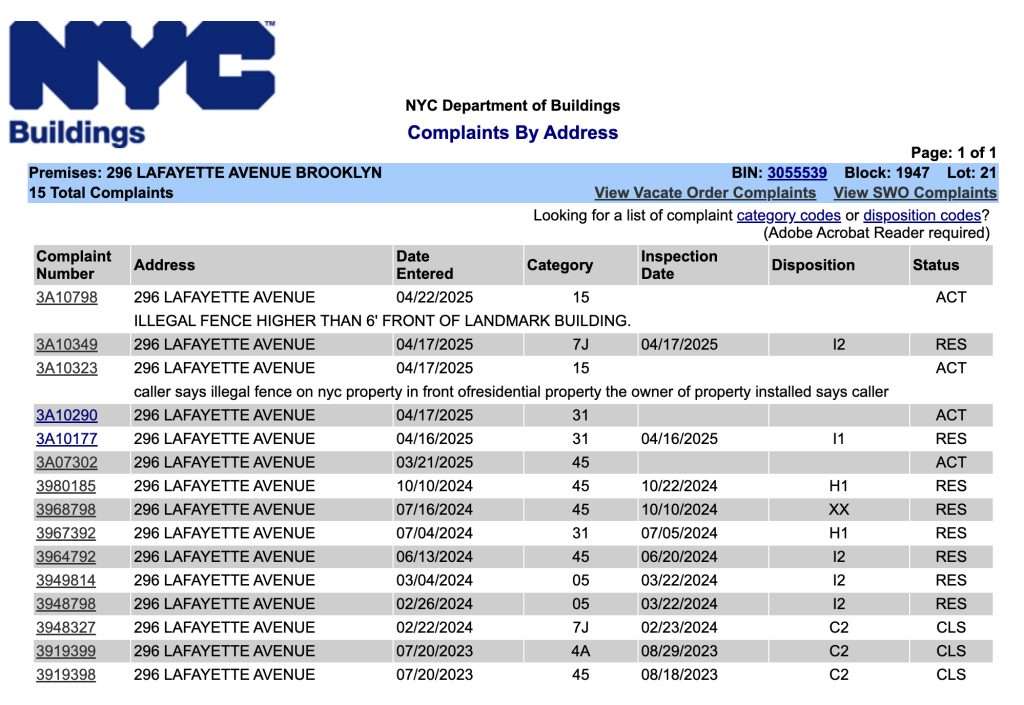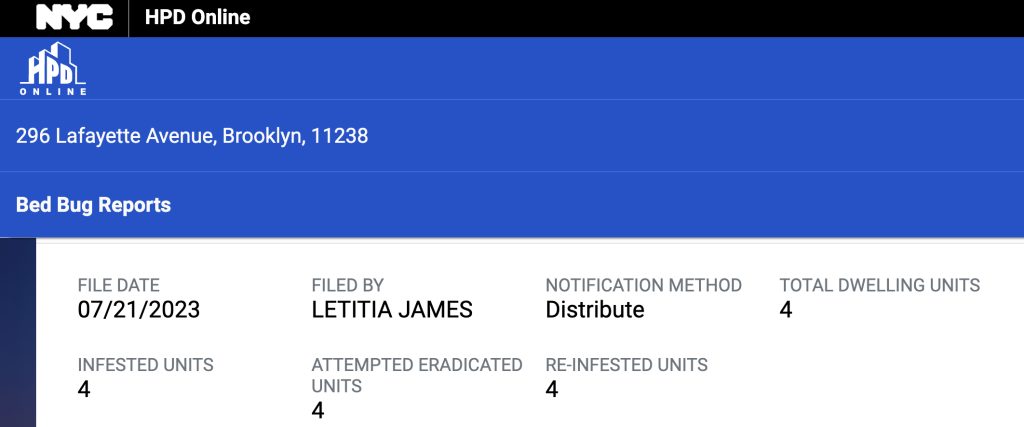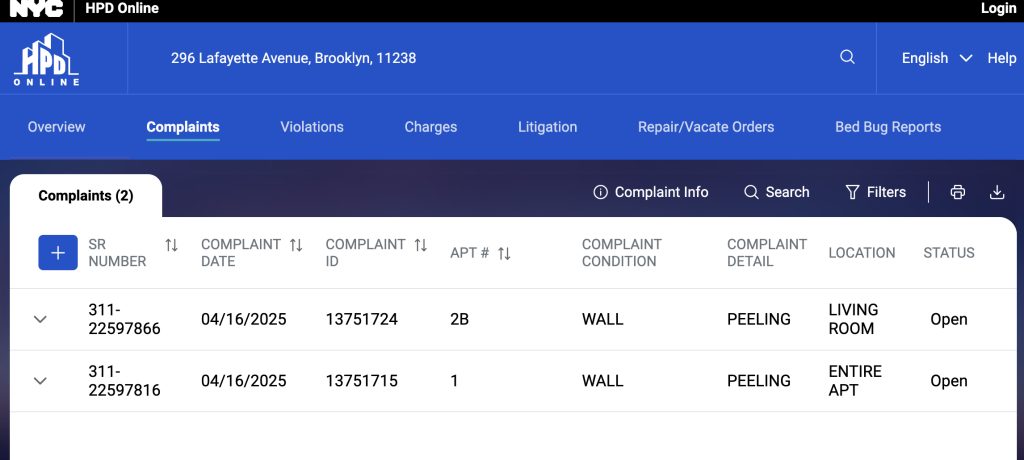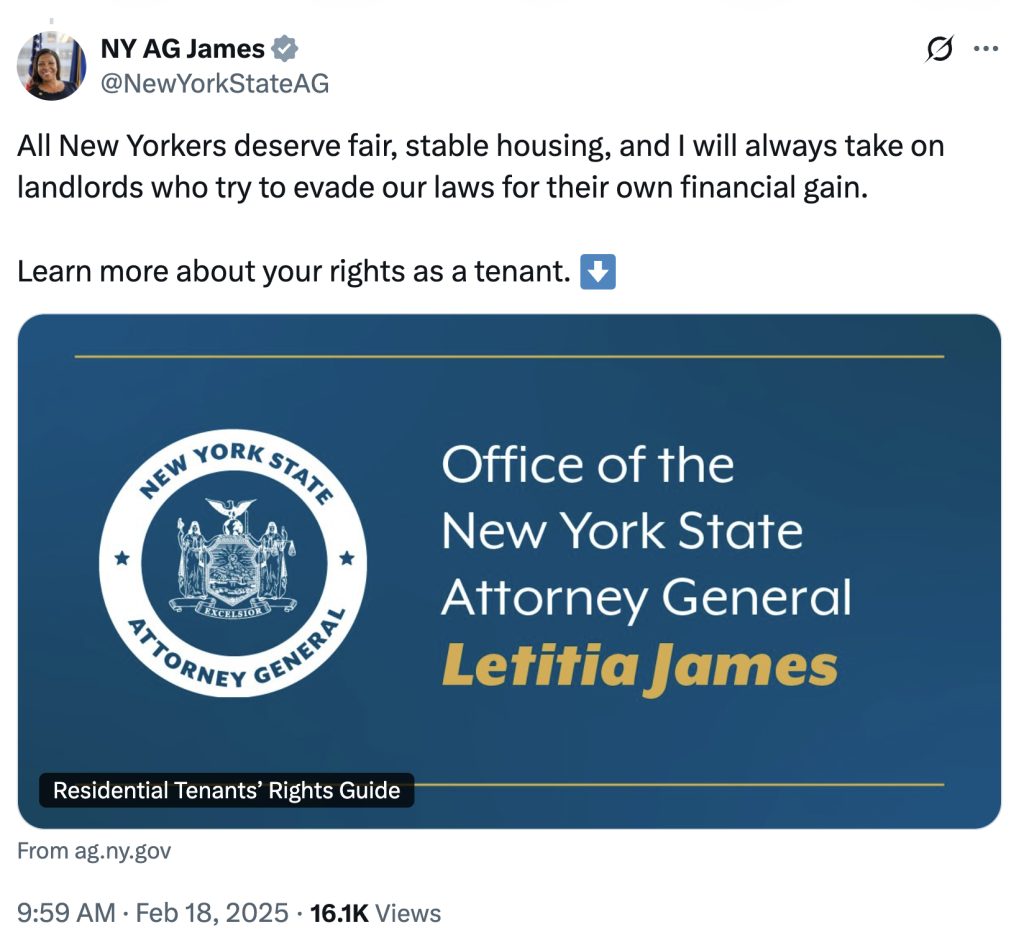
New York Attorney General Letitia James is under fire—not for her public duties, but as a private landlord.
James owns a five-unit apartment building at 296 Lafayette Avenue in Brooklyn. That building has drawn attention for serious maintenance and legal issues.
City records show 17 complaints filed against her property in just 20 months. The New York City Department of Buildings has flagged several violations.

They include illegal construction, removing a structural wall without approval, and using apartments as short-term rentals. There’s also a fence above the legal height and scaffold work without proper notification.
Worse, all four tenants have reported recurring bedbug infestations. Two also complained of peeling paint—another major concern.

Both issues violate city health codes. Bedbugs spread fast and cause sleeplessness, itching, and allergic reactions.
Peeling paint is even more dangerous in older buildings. Many, including James’s, may still contain lead-based paint.

Lead exposure can damage developing brains. Children and pregnant women face the highest risk.
Letitia James has long claimed to fight for tenant rights. As attorney general, she’s targeted landlords who neglect their buildings.
In December 2024, she won a $6.5 million settlement against Lilmor Management for unsafe housing conditions.
She often posts on social media about housing justice. In February 2025, she tweeted:
“All New Yorkers deserve fair, stable housing…”

Now, critics point to her own building as a contradiction.
James built her career as a defender of vulnerable tenants. Yet her property reflects the very problems she condemns.
Tenant advocates say this must be addressed immediately. Fixing the violations is only the first step.
James must also acknowledge the gap between her words and actions. Anything less weakens public trust.
To remain credible, James must hold herself to the same standards she demands from others.
The spotlight is now on her—not as the prosecutor, but as the accused.



